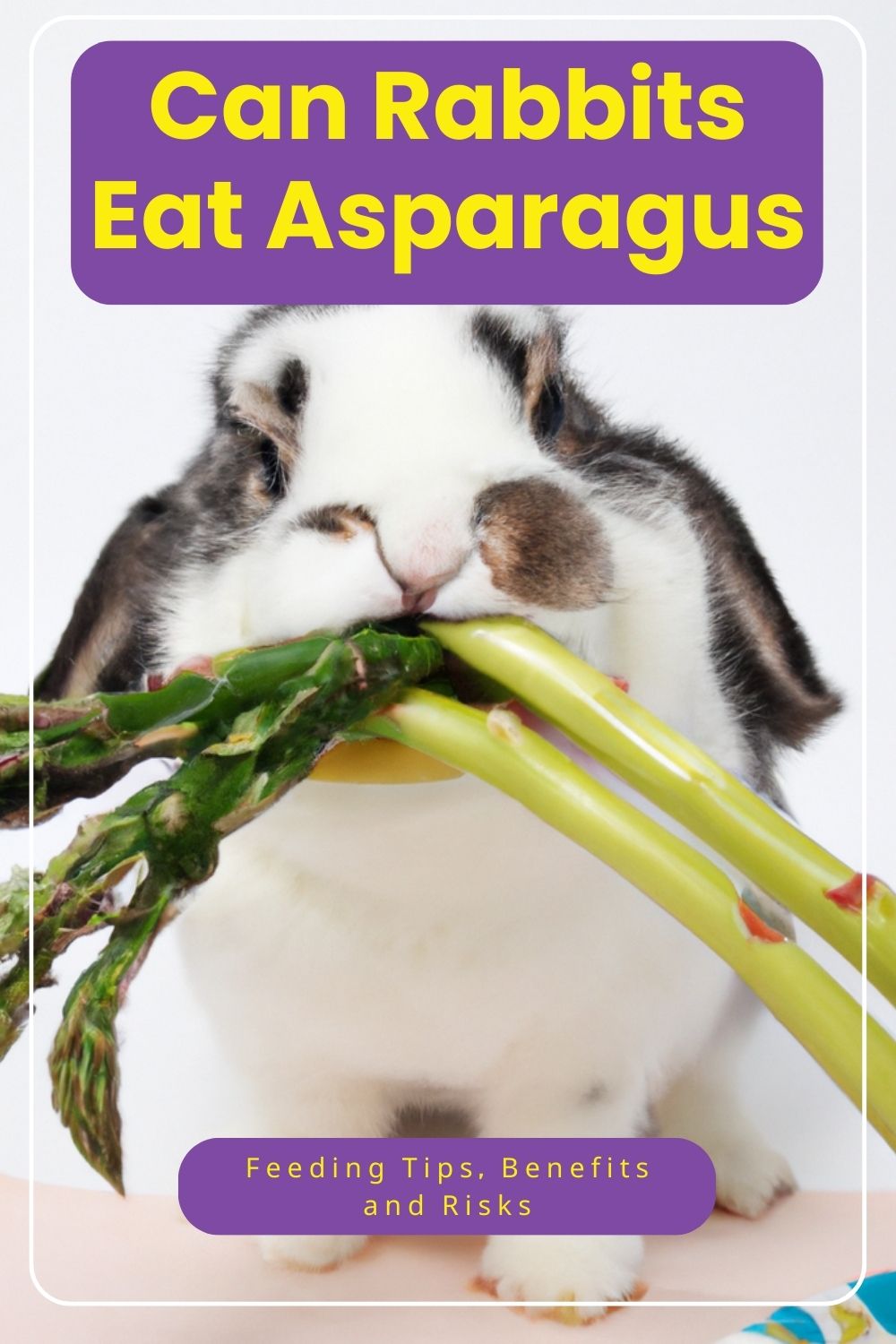Feeding our pets can be one of the trickiest parts of nurturing them, especially when it comes to specific species. It’s important to know what food is good, safe, and nutritious for your bunnies. Can rabbits eat asparagus? We will examine asparagus and its content to find out if it is a good choice for a rabbit’s diet.
Basic Diet of Your Bunny
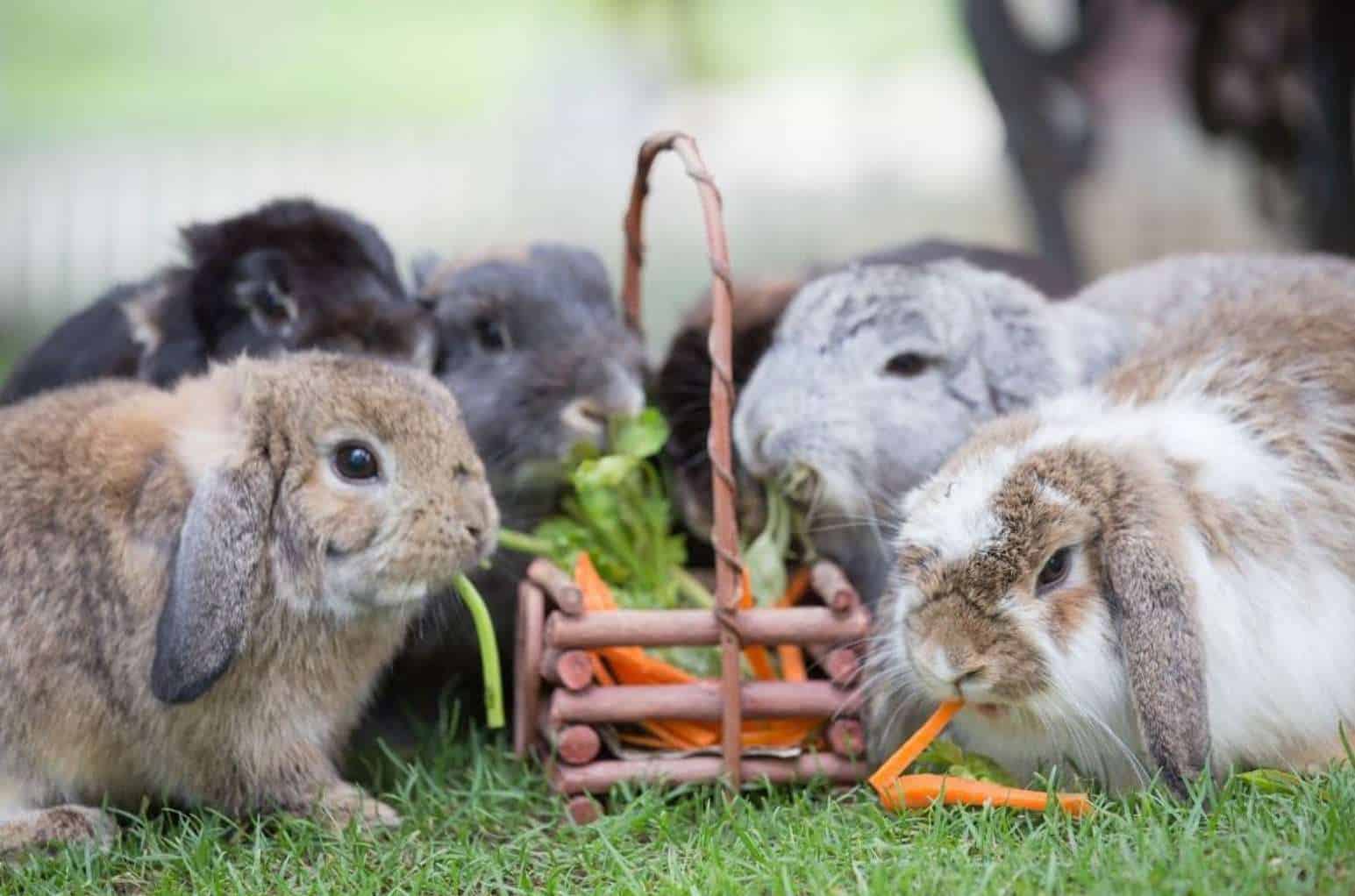
When taking care of a bunny, knowing their daily diet is essential. Rabbits are plant-eaters.
But not all plants are edible or safe for your fur buddy. Some are good for them, but some parts need to be removed due to harmful content like apples. That’s why it is vital to research what to include in their diet.
Rabbit’s daily diet comprises clean and fresh drinking water and lots of hay. You must also give green-leafy vegetables, a few pellets, and a treat like a root crop and fruits.
Food with fiber content such as hay is crucial to rabbits. It helps regulate the rabbit’s sugar, proper nutrient absorption, and intestinal health.
The two kinds of fiber are called soluble fiber and insoluble fiber. Both are essential since they maintain the health of the rabbit’s stomach.
Soluble fiber breaks down in the water. It decreases glucose levels by slowing down the food’s absorption. Through this, the rabbit prevents suffering from diabetes.
It lowers blood cholesterol by absorbing the cholesterol expelled in the stomach. Insoluble fiber, on the other hand, does not break down in the water. This type of fiber promotes regular bowel movement. It also prevents constipation by increasing water in the excretes.
Hay is vital as a good fiber source. A large portion of a rabbit’s daily diet must be hay as it helps protect the intestines. Plus, it prevents it from chewing hairballs.
An overgrowth of normal bacteria in the cecum, which can be influenced by diet, can lead to severe diarrhea and death. Hay must be stored in a cool, dry place. Do not feed it to your bunnies if the hay gets wet or moldy.
Aside from fiber that they get from hay, rabbits also need protein and small amounts of fat. They also need a variety of minerals, vitamins A, D, and E that they get from vegetables. Another essential nutrient in the rabbits’ diet is water.
Water as a vital nutrient for rabbits
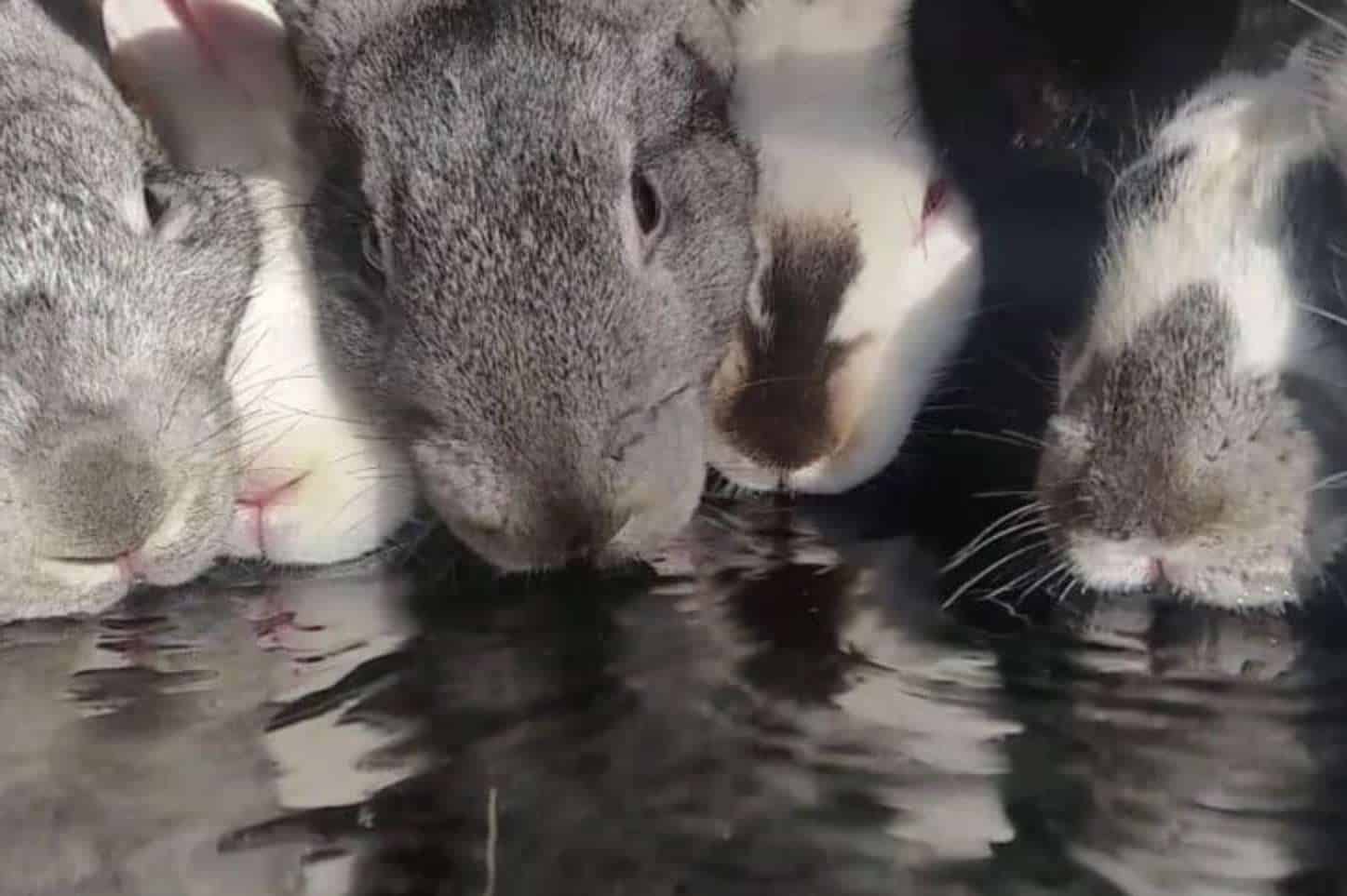
Water is a vital nutrient not only to humans but also to rabbits. Many authoritative sources, like the Nutrient Reference Values, suggest that water is a crucial nutrient. It is required in high amounts to surpass the body’s capability to create it.
It is also considered a necessary nutrient for rabbits. It is used in most of their bodily functions. Water is needed during digestion, absorption, and transportation.
It is also essential for dissolving nutrients, eliminating waste products, and thermoregulation. It also maintains your fur buddy’s average body temperature.
About two-thirds of the rabbit’s body is made up of water. They consume approximately 10% of their body weight per day. Rabbits experience water loss when they release waste and breathe.
Lack of water has harmful results to rabbits. If rabbits experience a loss of 10%, it is already fatal to them. Prolonged loss of water may cause a rabbit’s death. According to the University of California ANR, rabbits won’t eat if they do not drink or have enough water.
Since water is vital to their daily diet, rabbits must always have clean and fresh water. A water bottle, crock, or pot must be placed in the rabbit’s cage.
It must be regularly checked and disinfected to ensure that it is clean and filled up. If left unchecked, germs may build up in the water due to pollutants or contamination.
Aside from the water we fill into their container, there are other sources for rabbits’ water. One is their body which is also called metabolic water. It is a product of chemical reactions in the rabbit’s body. The other one is in their food—mainly from the vegetables they eat.
Vegetables are a good source of water. Though vegetables are a good source of water, some may cause the stool of your rabbit to soften. This is why it is crucial to identify vegetables rich in water.
This would allow you to balance the variety of vegetables you feed to your fur buddy. An example of a nutritious vegetable that is rich in water is asparagus.
All about asparagus
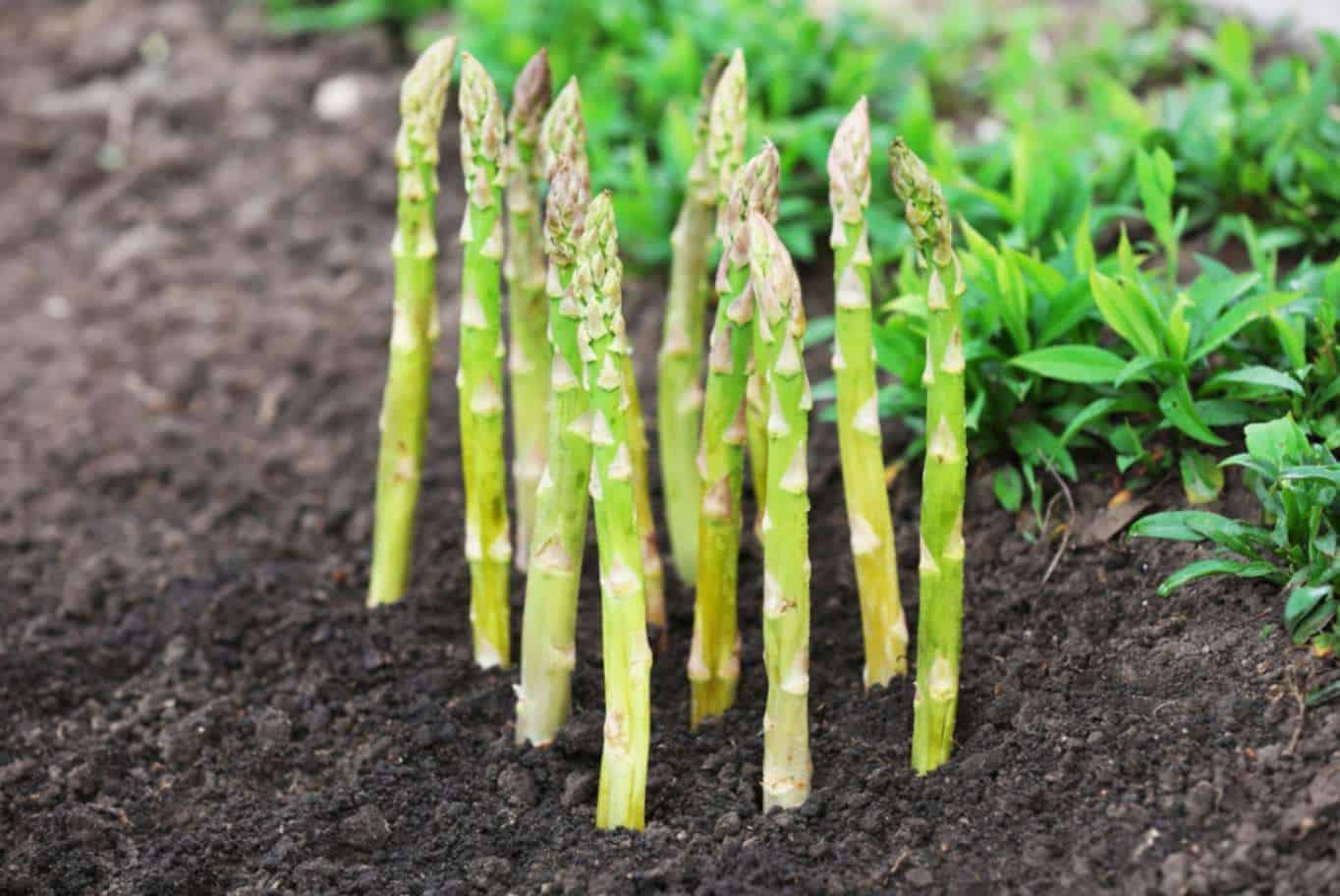
Asparagus is a green vegetable that was once classified with the lily family but is now in its own family, Asparagaceae. It was then reclassified to the onion family. Not until it was reclassified again with its genus, “asparagus”. It is recognizable with its green, long, and pointy spears.
There are different kinds of asparagus. The one we usually cook and eat is called “garden asparagus”. Its name is mainly derived from where it is usually grown—our gardens.
This seasonal plant is a popular food mostly eaten grilled, steamed, or roasted.
Nutrients found in asparagus
Asparagus is about 93% water. This means a large portion of it is water. Consequently, the sodium and calories of this vegetable are generally low.
With this high water content, asparagus is good food for rabbits. Water is a crucial nutrient for the rabbit’s body due to its inclusion in many bodily functions. However, moderation must still be placed when including it in your rabbit’s diet.
Other beneficial nutritional facts of asparagus to rabbits include:
- low in sugar
- high in vitamins A and K
- moderate fiber content
- small amounts of the vitamin B complex
- low in calcium
Being low in sugar makes asparagus a suitable food for rabbits as it won’t contribute to unhealthy sugar levels. Vitamin K in asparagus helps in blood clotting and bone metabolism.
It is also essential during a rabbit’s recovery from even minor injury. The high vitamin A content improves vision, immune system, and reproduction.
Rabbits absorb calcium at a much higher rate than other mammals. This can make calcium content in their blood increase rapidly and lead to kidney stones. This makes asparagus having low calcium content beneficial to rabbits.
Asparagus contains proteins and carbohydrates. It is also considered the safest raw food to feed your rabbit. Plus, it provides a balanced ratio of carbohydrates, proteins, and fats.
Feeding your rabbit with asparagus
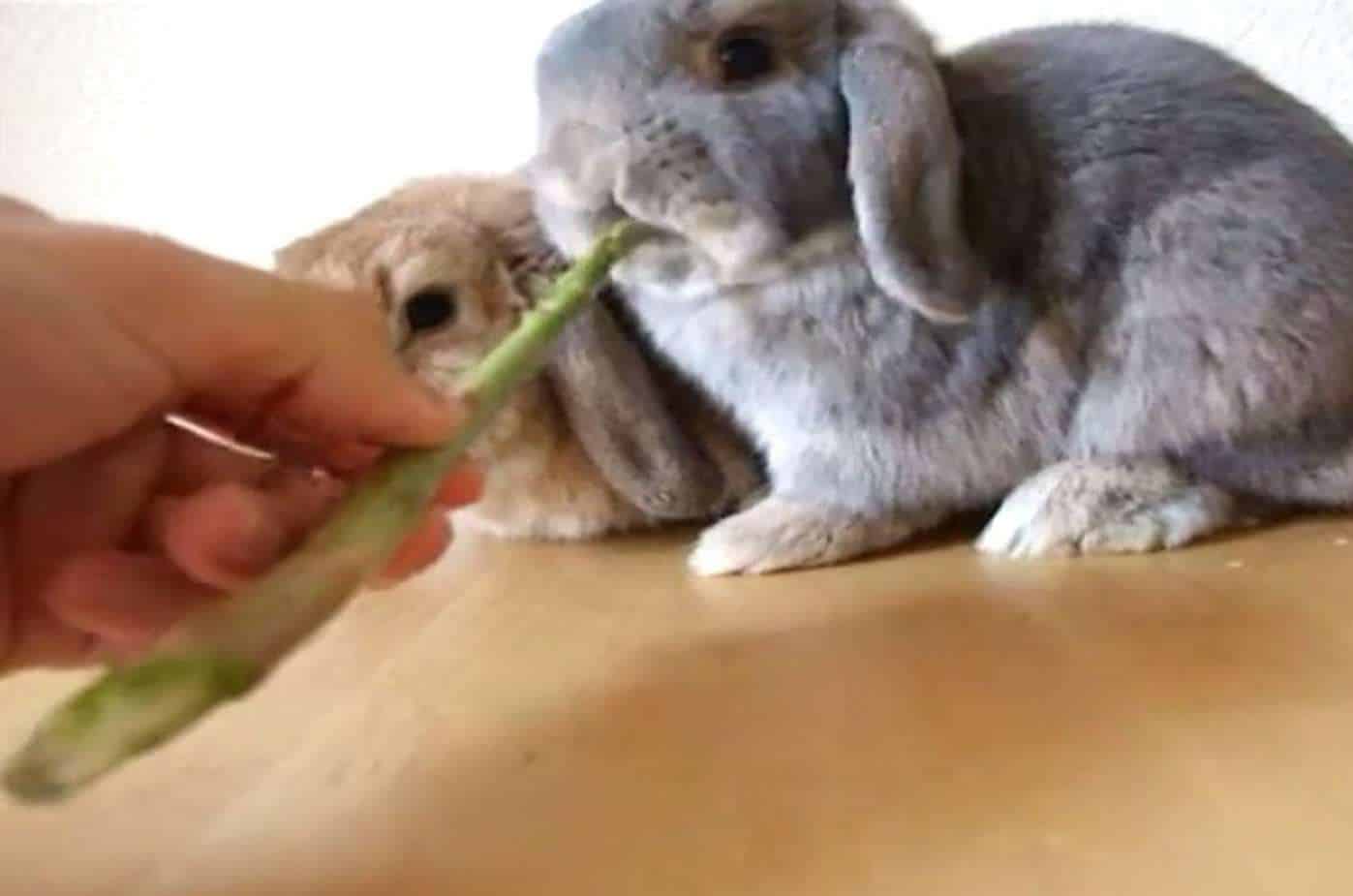
Asparagus is served fresh and raw. It is not necessary to cook it for your bunny. However, you must take caution in preparing and feeding it to your bunny.
You must feed organic asparagus to your fur buddy to ensure safety. This also applies to all the plants you’re providing them. However, it may be pricey compared to non-organic ones.
If you have non-organic, make sure to wash it thoroughly to remove pesticides and waxes. Pesticides and waxes are toxic and might cause poisoning to your fur buddy.
Generally, the whole asparagus plant is safe to eat. However, if your rabbit is still young, it is better not to give the stalks. Asparagus stalks can be difficult for them to chew. They might also have a hard time digesting it.
When introducing asparagus to your bunny, give them only a small portion. Wait for 24 hours to see if your rabbit is pooping normally. The normal poop would confirm that their body is accepting the asparagus well.
It applies to all the food you’re going to feed your bunny for the first time. Rabbits have a sensitive digestive system. It is also the reason why they follow a strict and planned diet.
Frequently Asked Questions

Do rabbits love to eat asparagus?
Some rabbits love asparagus, but some don’t want it. If your rabbit doesn’t like asparagus, you can choose another vegetable as an alternative. Rabbits can eat veggies like carrots, beets, peas, and beans, but some should be given in moderation.
Can I give asparagus to baby rabbits?
Baby rabbits, especially those under 12 weeks, have a more sensitive digestive system compared to adults. Rabbits below 12 weeks should not be given any kinds of fruits and vegetables.
If they are more than 12 weeks old, you can provide them with asparagus gradually. But check first on how their digestive system will react to the veggie.
Can rabbits eat the whole part of asparagus?
The stalk must be given in pieces, while the spear top must be cleaned and washed. You should not feed the asparagus roots to the rabbits since they will not likely eat them.
Can I feed cooked asparagus to my rabbit?
It’s best for rabbits to eat raw veggies because cooking can reduce their nutritional value. They are more nutritious compared to cooked ones. Also, your rabbit will surely benefit from fresh asparagus since it is healthier.
Summary
Can rabbits eat asparagus? Asparagus is definitely a good choice for your rabbit’s diet. Rabbits can eat it raw. It is safe for them to eat the whole plant.
However, caution must be placed when feeding it to them. Although expensive, it is best to provide them with organic asparagus.
